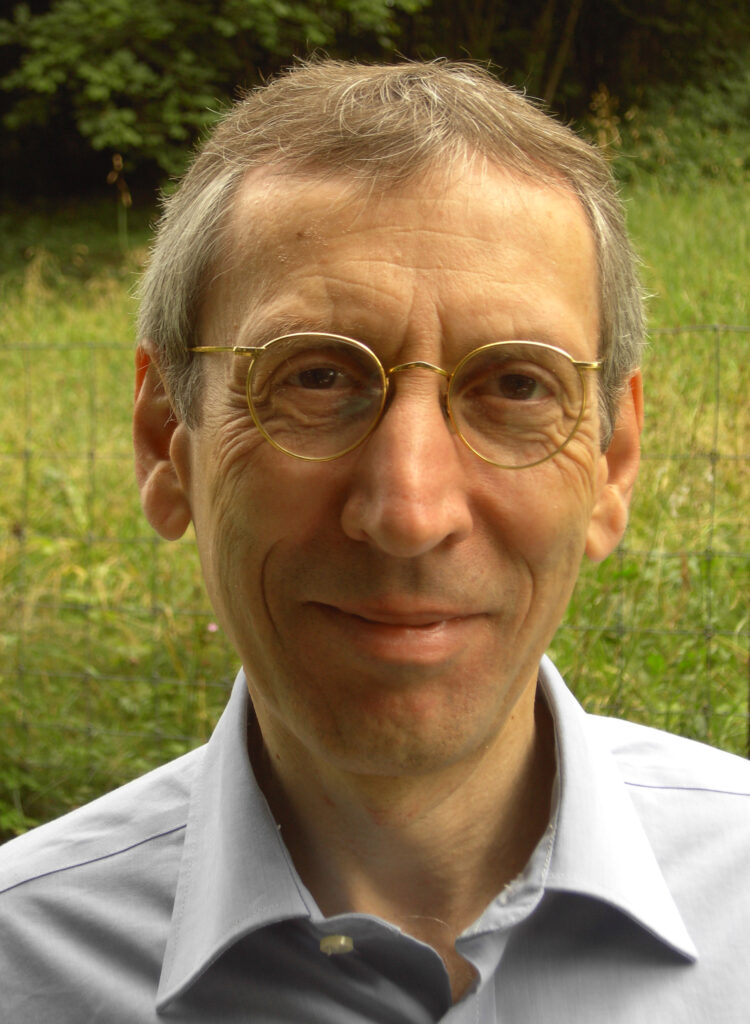CLOSING
CONFERENCE
WOLFGANG GABBERT
Leibniz Universität Hannover


July 4th, 2025
1:30 p.m.
Wolfgang Gabbert is professor of development sociology and cultural anthropology at Leibniz University Hannover and co-editor of the journal Latin American and Caribbean Ethnic Studies. He has conducted field and archival work in Costa Rica, Nicaragua and Mexico. Among others, he has worked on issues related to ethnicity and nationalism, conflict and violence, and the past and present of indigenous populations in Mexico and Central America. He is the author of the first in-depth study on the Afro-Caribbean population of Nicaragua (Creoles – Afroamerikaner im karibischen Tiefland von Nicaragua. Münster: Lit 1992) and the first book on the relationship between ethnicity and social inequality in the Yucatan peninsula (Becoming Maya. Ethnicity and Social Inequality in Yucatán since 1500. Tucson: University of Arizona Press 2004). He has recently published a book on violence in the caste war of Yucatán (Violence and The Caste War of Yucatán, Cambridge Latin American Studies. Cambridge: Cambridge University Press 2019, softcover edition 2023). She is currently working on legal pluralism, ethnic and social categorizations in Latin American history, and the relationships between cosmovision, economy, and sustainability in indigenous populations.
Sustainable development, western concepts and indigenous ontologies
Sustainable development, western concepts and indigenous ontologies The debates on environmental conservation and, in particular, on preventing global warming, are closely linked to indigenous peoples, since they inhabit a large part of the world’s remaining forest areas, which are highly valued for their ability to absorb carbon dioxide. Latin America and the Caribbean, for example, hold 23.5% of the world’s forest area. Around half of Latin America’s indigenous population lives in tropical forest areas. Indigenous populations often belong to the poorest groups in the countries where they live. In addition to many other social and ecological risks, many live in areas that are particularly vulnerable to the effects of global warming, such as coastal wetlands, mangroves, coral reefs, etc. in the tropics.
Indigenous peoples have often been described as “natural conservationists” and their way of life as particularly sustainable due to their supposedly close relationship with “pacha mama” or Mother Nature in Latin America and beyond. For some years now, the concept of “good living”, which has its roots in indigenous worldviews, has aroused great interest as a possible guide for orienting our thinking about sustainable development. Reference is made to their “traditional” knowledge and their special closeness to nature, based on a worldview that sees the indigenous group “as part of the same system as the environment in which they live” (FAO 2017). This is often contrasted with the so-called Western scientific worldview, which aims for human domination of nature (e.g. Whyte et al. 2018).
The talk will address three issues related to these premises: 1. It is often unclear what is meant by sustainability. This results in different and sometimes contradictory strategies for achieving sustainability. 2. There is also insufficient differentiation regarding the concept of indigenous peoples. 3. indigenous worldviews or ontologies have been unduly homogenized and essentialized and misleadingly juxtaposed with western ontology. But ontologies change over time, are not always shared by all members of the group and are often involved in relationships or exchanges with other worldviews.
It is therefore crucial to ask under what conditions ontologies such as the above can emerge and be sustained. Furthermore, so-called traditional resource management systems depend not only on certain worldviews and norms, but also on the existence of political and social institutions, such as structures of generalized reciprocity within groups.
